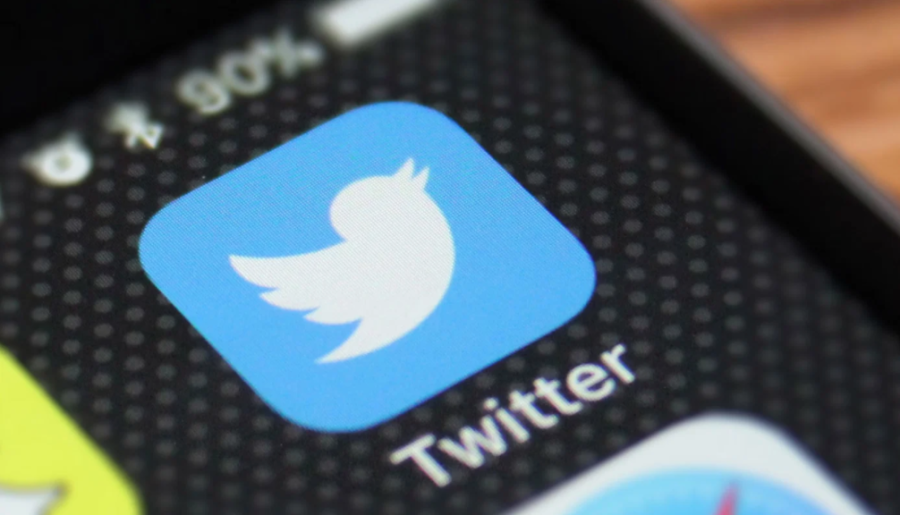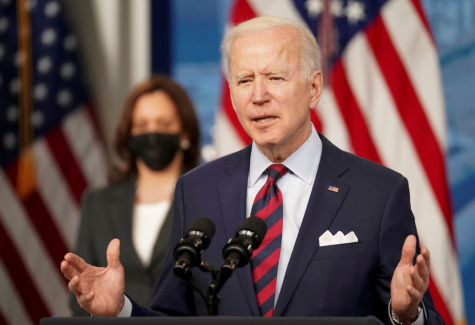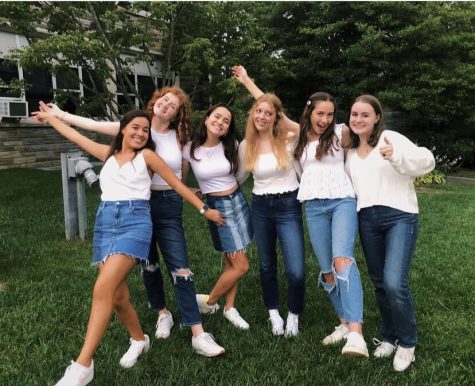Twitter’s New ‘Super Follows’ are a Fast Track to Fake News
Twitter proposes exclusive membership-only tweets.
March 10, 2021
On Feb. 25, at an event for investors, Twitter announced a new feature that may allow its users to make a profit from their tweets. The feature is called “Super Follows” and allows Twitter users to offer their followers the opportunity to pay to read select exclusive tweets. This pay-per-posts feature is a turn for the social media plat- form, whose content has been free to use for anyone who signs up.
The timing of the release is intriguing, as it comes after one of the most headline-grabbing Twitter users has already been banned from the platform. Former President Donald Trump was suspend- ed from the platform Jan. 9 and impeached for the second time under the single article of ‘incitement of insurrection,’ referring to his involvement in igniting the storm- ing of the capitol on Jan. 6, and he left office on Jan. 20. It is odd that Twitter waited until Trump, whose tweets often were the main source of information for news outlets
on what the executive branch was thinking at any given time, was banned from the platform and voted out of the presidency to roll out this new feature.
Besides bad timing, this new feature appears to be a way for information to be restricted from those unwilling or unable to pay. While the President Joe Biden does not seem to use Twitter as freely as the former president did, it could be argued that offering a way to hide some tweets from the public behind a paywall will force the average American citizen to ‘super follow’ elected officials to stay up to date on the news and political decisions that affect them.
Another feature announced at the event was ‘Communities,’ a way to make “it easier for [users] to discover, participate, and form conversations with communities that share your interests,” as explained by a spokesperson from the company. Less is known about this second feature right now, but according to Rebecca Heilweil from Vox, its goal seems to be to create “a more private and more controlled way for communities
to get together on Twitter outside the public view.” While these new features may be exciting for some users on the site, especially those who brand themselves as content creators, the features could end up doing more harm than good in the long run.
Twitter has been accused of aiding in the spread of misinformation, from the mundane to influencing the way its users view national matters like voter fraud. These new features, which allow more selective audiences for tweets and more private spaces for communities, could end up adding to the spread of lies and false information across the site, which could have deadly consequences.
For example, it has been reported that in the days leading up to the Jan. 6 coup, “More than half of QAnon-related Twitter accounts, or about 20,800, tweeted about January 6 in the days before the riot, Advance Democracy told BuzzFeed News. Many of them discussed the possibility of sieging the US Capitol building, as Insider’s Isobel Asher Hamilton reported,” and “Advance Democracy found that from January 1 to Wednesday, 1,480 tweets from accounts with QAnon ties used violent language” reported Rachel E. Greenspan at Insider.
This shows that Twitter already has a problem with being
a host for the planning and execution of such horrifying events as a coup on America’s capitol, without the aid of more private features as ‘super follows’ and ‘communities’ where this planning and communication could likely occur even farther from the public’s awareness. It is interesting that Twitter, whose site has been accused of being a platform where QAnon supporters planned the coup of the capitol, would want to continue to build spaces on its platform to cater to groups like this.
Though the platform has taken steps to combat this issue of misinformation, like including a notice banner about the election underneath tweets that referenced it, one has to wonder if these new features will end up being a step backwards in its fight to eliminate the spread of misinformation and instead lead to more opportunities for groups to plan events like those that occurred in January.












